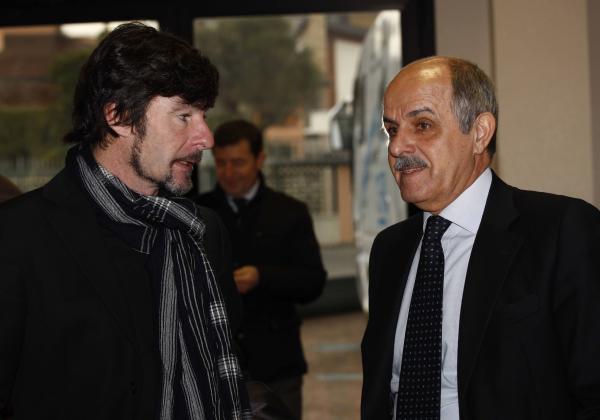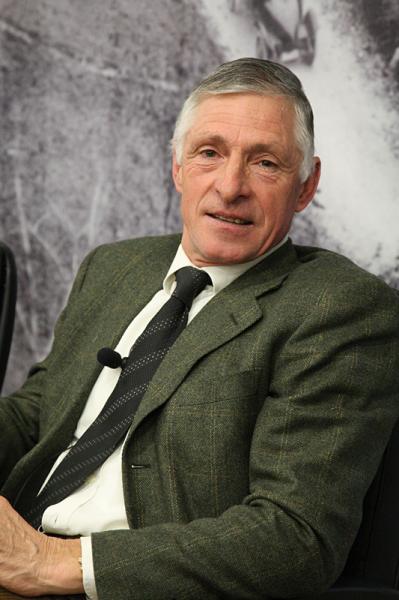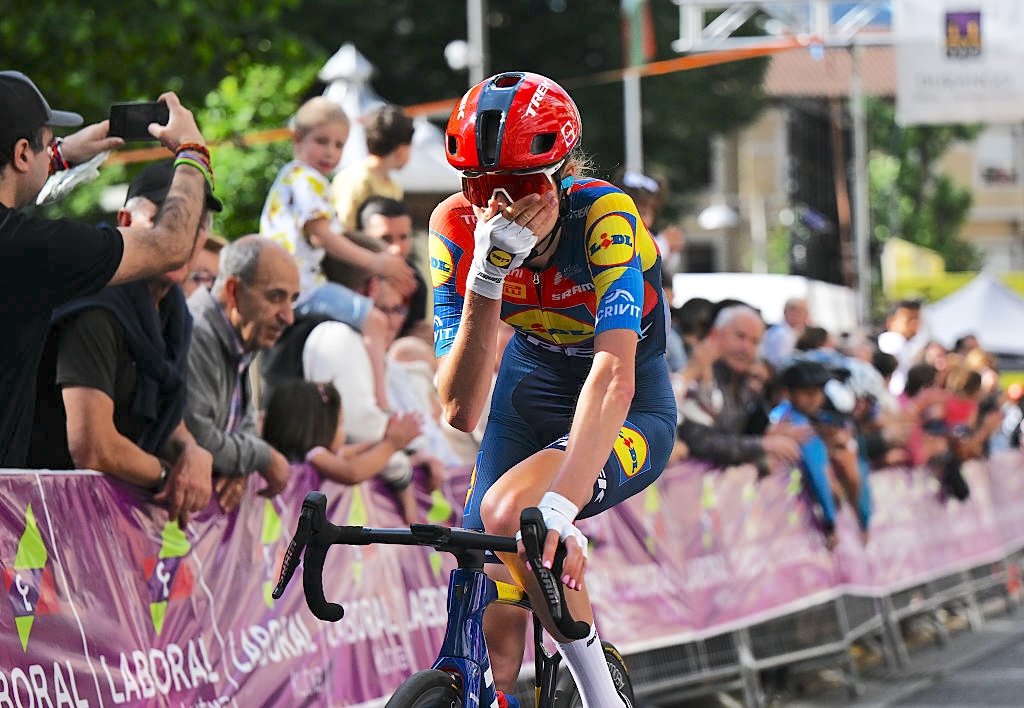Bugno critical of Giro di Padania for mixing politics and sport
Moser moves to defend race


Gianni Bugno, head of the professional riders’ union (CPA), has said that the contentious Giro di Padania should never have been allowed to take place and decried the way in which it has mixed sport with politics.
The first two stages of the race, which was established this year with heavy involvement from the Lega Nord political party, have been interrupted by demonstrations from groups including Rifondazione Comunista and trade union CGIL. There were chaotic scenes at Savona on stage 2 on Wednesday, as the race was temporarily blocked and a protester was seen to strike Colnago-CSF Inox stagiare Sonny Colbrelli.
“It’s ugly to mix to sport with politics,” Bugno said, according to ciclonews.it. “The riders are there just to ride their race, and it’s wrong that they have been put in the middle of this.
“This event should have been blocked from the start. Everybody should have understood that the race would have been linked to a very distinct political party. They should have said no. Everybody should have said no.”
The very name of the race is a highly-charged one in an Italian context: “Padania” is not a regional entity, but a controversial term coined by the Lega Nord to describe the northern part of Italy, which it hopes will gain autonomy. In such a context, Bugno said that the towns on the route should simply have refused to host the race.
“Some of them refused, others maybe were governed by the same political side,” Bugno commented. The Lega Nord is a coalition partner in Silvio Berlusconi’s government. The double world champion Bugno was himself a candidate for the opposition Partito Democratico in 2010 regional elections in Lombardy, but reiterated that politics should not spill over into sporting events.
“For the Italian Cycling Federation, it was only a race, but it’s evident that everybody considered this competition to be the expression of a political faction and that should have been understood.”
The latest race content, interviews, features, reviews and expert buying guides, direct to your inbox!
Further protests were scheduled to hit the race on Thursday, and Bugno said that he did not believe the race could possibly continue next year. “I don’t know if it can be cancelled now, but it seems obvious to me that next year this event won’t be held anymore.”
Moser weighs in against "comrades"
While Bugno was critical of the very existence of the Giro di Padania, another former world champion, Francesco Moser, defended the race, and reserved his ire for the protesters from the Rifondazione Comunista party, accusing them of hypocrisy.
“But what do these communists want with their red flags? Without all this fuss, nobody would have known that there was a Giro di Padania,” Moser told Corriere della Sera.
Moser, who was elected to the Trentino regional council in 1994 as a candidate for the Trentino Tyrolean Autonomist Party (PATT), moved to deny that the name of the race was a deliberately provocative one, even if his comments will have done little to allay Bugno's concern at the mixing of sport and politics.
“Padania exists, there’s no point in pretending, so it’s right that the race is called what it is,” claimed Moser, who then went on to recount his own experience of riding “communist” races, and accused organisers of having favoured riders from the Soviet bloc.
“When I rode the GP della Liberazione, the ‘comrades’ favoured the Russians, and nobody said anything,” Moser said. “One year in that race I was in a break near Cerveteri with Tullio Rossi and with two Russians, one of whom won by committing an irregularity for which he should have been disqualified. Instead, seeing as he was from the USSR, they were damned if they were going to do it.”
There were peaceful protests from trade unionists and anti-Northern League groups as stage 3 of the Giro di Padania got underway in Lonate Pozzolo on Thursday.

Barry Ryan was Head of Features at Cyclingnews. He has covered professional cycling since 2010, reporting from the Tour de France, Giro d’Italia and events from Argentina to Japan. His writing has appeared in The Independent, Procycling and Cycling Plus. He is the author of The Ascent: Sean Kelly, Stephen Roche and the Rise of Irish Cycling’s Golden Generation, published by Gill Books.
